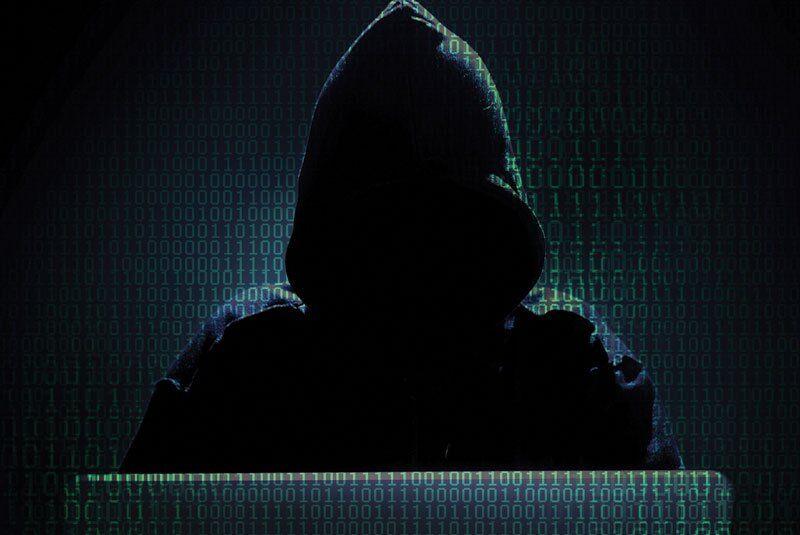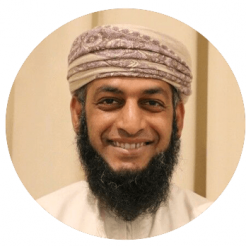
Overview
Oman is the first Middle Eastern Arabic country that the DQ Institute worked with to expand digital citizenship skills in children. In May 2017, Nasser Al Aamri of Glory Makers, a local training and consultancy organisation, reached out to the DQ Institute as part of the company’s CSR efforts. Concerned about rising levels of device addiction in children, Glory Makers worked to bring the #DQEveryChild movement into the country.
In November and December, Nasser Al Aamri and his team at Glory Makers reached out through their network of schools to encourage educators to jump on the opportunity to learn about their students’ cyber habits through the 2017 DQ Study.
By participating in the study, these schools will be able to understand their students’ digital use habits and their current levels of cyber-risk exposure. Schools that got over 100 student respondents have received a DQ Screen Time Study report and will be able to use this knowledge to build and develop their own pedagogies for digital citizenship education to complement the DQ World programme in 2018.
Through their efforts to reach out to 8-12 year old Omani students, 1,138 students across 8 schools in Oman participated in the study – and in the process were encouraged to reflect on their digital use habits and cultivate responsible digital habits. Moving forward, the DQ Institute will be working with Glory Makers to roll out the DQ World platform in schools, bringing the movement of empowering children with 21st century skills even further.

78 percent of 8-12 year olds exposed to cyber risk in Oman
The Digital Intelligence (DQ) Institute has published its inaugural Impact Report that summarises the current state of online child safety and digital citizenship based on a multi-nation study that included 38,000 children in the 8 to 12 age group across 29 countries. READ MORE

From Our Partner
Nasser Al Aamri
CSR officer of Glory Makers
“[DQI is] giving the cure to a very creative kind of problem which is facing our millennial generation. Actually, we observed that they are more careful now about what is useful and what is harmful for them in the digital world.”


